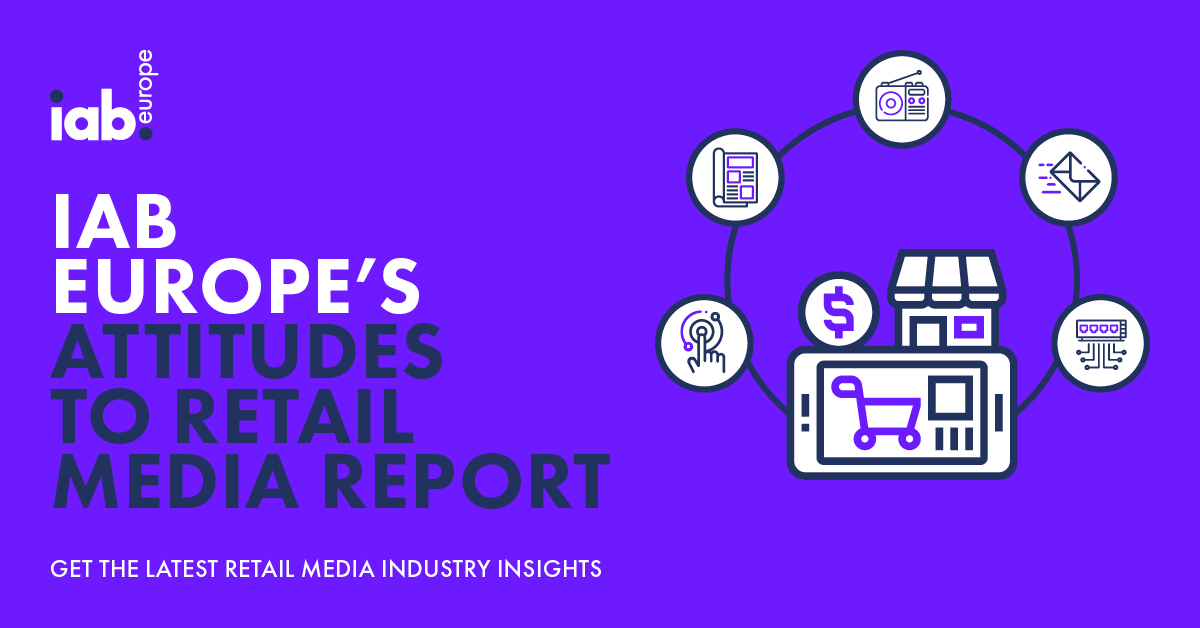The technology exists to take the friction of payment out of the store experience, but it seems that UK customers may not yet be quite ready to trust it, a new study suggests.
At early Amazon Go stores in the US, shoppers put their goods in a basket and leave without queueing to pay. They are sent notification of how much their shopping totalled courtesy of the Amazon Go app, and the bill is automatically debited from their pre-authorised payment card.
It’s one vision of a future of convenient shopping. But are British customers ready to buy into that vision? A new study from global payments provider Paysafe suggests they may not yet be there.
It questioned more than 5,000 shoppers from five markets including the UK, US and Germany for the Lost in Transaction: Payment Trends 2018 report, and found that 59% of British respondents through that check-out free stores sounded too risky, or at least that they’d need to know more before using them. Asked why, 52% said fraud was the biggest barrier to using them, while 43% were concerned about the use of their data. There were also fears that systems might buy things they hadn’t ordered (28%) and that spending might not be controlled (26%). Just over a quarter (28%) had used frictionless payment in apps.
Voice commerce have also yet to win shoppers’ full confidence. More than two-thirds (67%) of UK consumers were also concerned that these systems were not secure while 69% were worried they’d be overcharged. Just under a quarter (22%) had tried using a voice-activated payments system.
Connected devices that can order on customers’ behalf represent another technology that has yet to break through with the majority, with slightly more than a third (39%) saying they’d let connected fridges automatically reorder food, although 43% don’t expect to adopt this technology within two to three years. Almost half (47%) said they were open to using a smart button, such as the Amazon Dash, to order lower value frequently ordered items.
Cash is still winning out as the ultimate payment device: 88% of respondents, questioned in had used it to buy something in the last month – the survey was carried out between April and June 2018 – while 89% had visited an ATM, up from 84% in 2017. That said, most (62%) UK consumers carry less cash than they did, at £21in 2018, down from £33 in 2017.
At the same time, contactless is growing in popularity. Just over half (54%) had used it in the past month, contrasting with the 3% of US consumers who had done so. And 61% of UK respondents had used a digital wallet in the past month, more than either credit or debit cards.
Oscar Nieboer, chief marketing officer of the Paysafe Group, said: “Despite the apparent benefits of low-friction payment technologies, these findings suggest many consumers aren’t ready to lose visibility of the payment process. It’s clear the benefits are not unilaterally agreed upon, with cultural and infrastructure trends at play, and it may be some time before adoption is widespread. In the meantime, there’s a need to continue servicing the cash consumer, as well as providing options for contactless payments as the UK is so advanced in this area of payments compared to other countries.”
But respondents also fear fraud: 65% believe online fraud is inevitable, compared to the US (70%), Germany (28%) and Austria (26%). At the same time, German and Austrian shoppers are more likely to pay by invoice rather than debit card. Around of consumers in each country (Austria 55%, Germany 49%) says it feels safer.
“If retailers, merchants and payments companies want to disrupt the old way of doing things they must make all underlying processes feel secure,” said Nieboer. “Consumers want convenience, but they want protection too. They are making sensible choices when it comes to security and are willing to change what they’re used to ensure they’re not at risk of fraud. For instance, nearly four in five Britons prioritise the use of a website that already has their payment details – the highest amongst the countries surveyed in this report.”
Image: Fotolia








